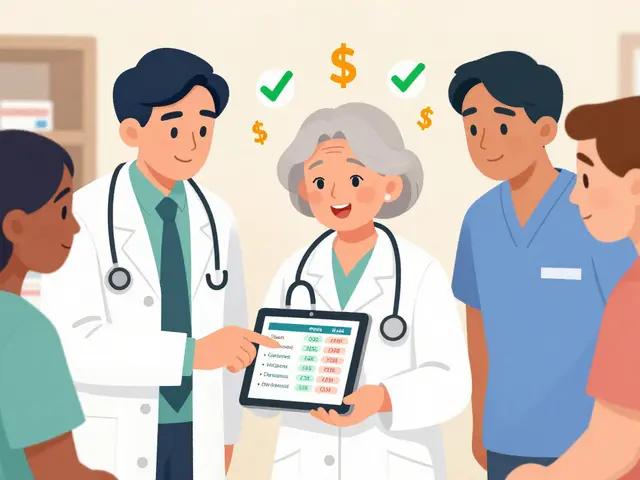Parasitic infections: what they are and what to watch for
Parasitic infections come from tiny organisms that live off people or animals. Some are single-celled (protozoa) like Giardia or malaria parasites. Others are worms (helminths) such as roundworms, tapeworms, or schistosomes. Symptoms vary a lot — from mild stomach upset or itching to high fever, weight loss, or problems with breathing or the nervous system. If you’ve been traveling, had unsafe food or water, or live where parasites are common, think about this as a possible cause.
How you catch parasites
Most common routes are: swallowing contaminated food or water, mosquito or insect bites, skin contact with infected soil or freshwater, and close contact with infected people or pets. For example, Giardia often comes from bad water, while pinworms spread in households through tiny eggs on hands or surfaces. Simple habits like eating undercooked meat, walking barefoot in some areas, or poor handwashing raise your risk.
Signs to take seriously: prolonged diarrhea, bloody stool, unexplained weight loss, persistent fever, severe abdominal pain, or neurological symptoms like confusion or seizures. Those require prompt medical attention. Mild stomach upset that follows travel may clear up, but if it lasts more than a few days or gets worse, get tested.
Treatment, diagnosis, and buying meds safely
Doctors diagnose parasites with stool tests, blood tests, or imaging for certain infections. Treatment depends on the parasite: metronidazole or tinidazole for some protozoa, albendazole or mebendazole for many roundworms, praziquantel for tapeworms and schistosomiasis, and ivermectin for others. Treatment length and dose matter — follow medical advice.
Want to buy antiparasitic meds online? Be careful. Only use pharmacies that require a valid prescription, show clear contact info, list a licensed pharmacist, and use secure checkout (https). Look for real reviews and certification seals from recognized pharmacy regulators. Never buy meds from sites that offer controlled drugs without asking for a prescription or that have wildly low prices — they might be fake.
Prevention is often the easiest fix: wash hands with soap, drink bottled or boiled water when travel advisories warn against local water, cook meat thoroughly, peel fruits if you’re unsure, avoid swimming in freshwater in high-risk regions, and use insect repellent and bed nets where mosquitoes spread disease. Treat pets for parasites and clean up yards where animal feces accumulate.
If you suspect an infection, book a clinic visit or telehealth consult. Bring travel notes, symptom timeline, and any medications you’ve taken. Quick testing and the right drug can cure many parasitic infections fast — and prevent complications. Got symptoms after a trip or exposure? Don’t wait; get checked.

Evolution of Parasite Infections and Their Treatments
Parasitic infections have afflicted humans for thousands of years, leading to various innovative treatments. This article explores the fascinating evolution of parasites and how different cultures have developed techniques to counter these infections. Read on to discover surprising facts and practical tips related to the history and treatment of parasitic infestations.
view more




